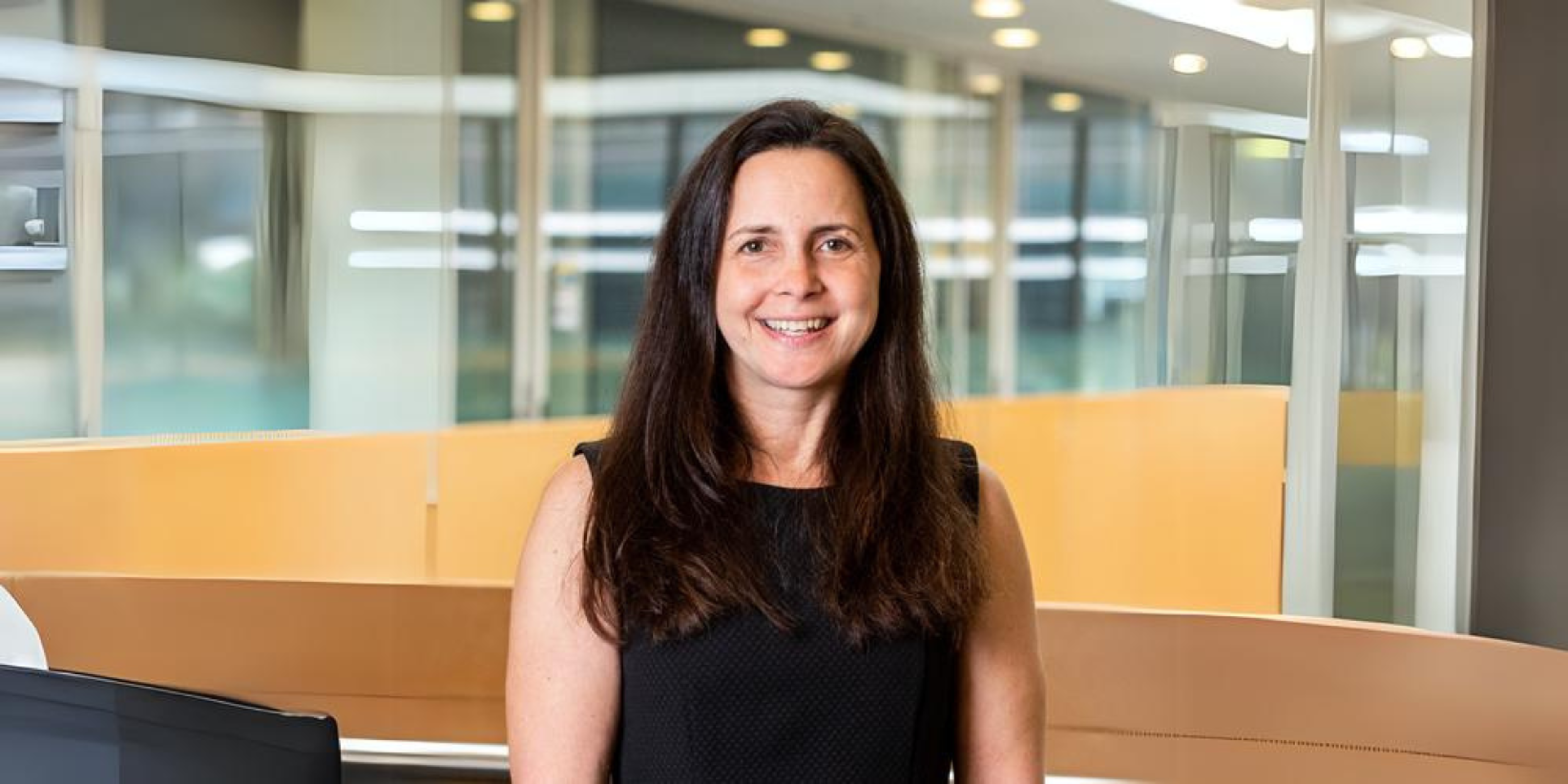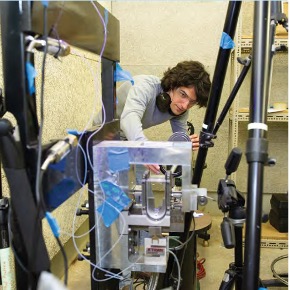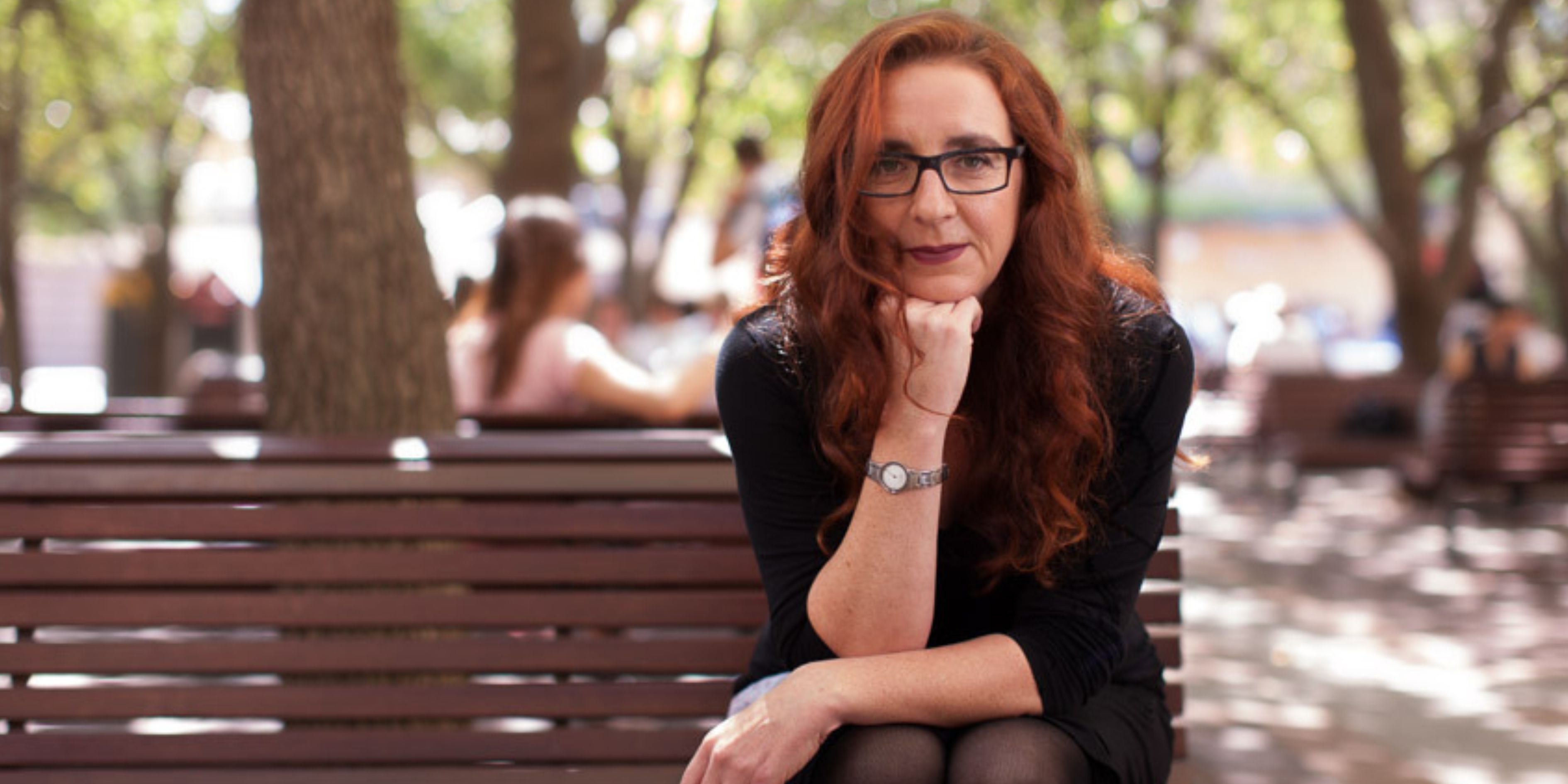Professor Xiaoqi Feng is a Professor of Urban Health and Environment at the UNSW School of Population Health. Her fascinating research focuses on the intersection of green space and health. Remember seeing those headlines about prescribing nature? Well, that was Xiaoqi.
Alongside her role as Professor, she is also an Honorary Professorial Fellow at The George Institute for Global Health, Australia and a member of the Editorial Board of Environment International, and a UNSW Cultural Diversity Champion.
As a first-generation Chinese immigrant to Australia, Xiaoqi knows the importance of cultural diversity at all levels of leadership and the concerted and ongoing effort needed to ensure equal opportunities and fair representation.
Today, she is ranked number three globally for her research specialism, but Xiaoqi has conquered many challenges along the way, including a lack of visibility in her early career. Here, we discover how she faced them and how you can too.
Tell us a little bit about yourself and your research
I’m really interested in how we reshape cities to improve the lives of millions of people. For example, by evidencing the health benefits of green space and revealing inequities of access, we can make recommendations on where future investments might be made to give everyone a fair go.
I’ve focussed on this research for the last decade, leading and being part of large projects worth over $20 million with support from NHMRC, the Heart Foundation, and others. I’ve also co-developed a thriving lab (PowerLab), where I've been able to nurture many outstanding PhD graduates, who’ve since gone on to take up academic careers in Europe and Asia, doing similar research.
I teach multiple university courses and coach the next generation of early-career researchers and future leaders working at the interface of public health and urban planning.
What challenges have you overcome to get to where you are?
There have been so many challenges I’ve faced as a first-generation Chinese female, young immigrant, including starting with little to no social and academic networks in Australia and needing to adapt to an ultra-competitive research funding environment quickly.
It has been difficult to be recognised for my work; numerous times in meetings and conversations, individuals have referred to a paper I wrote without identifying me as the lead author. Perhaps in part because they do not know how to pronounce my name. This is particularly problematic because as researchers, our visibility and reputations – and our potential to win grants that fund our research – are defined to a great extent by whether we are recognised for the discoveries we make, the papers we write, and the impacts on society we catalyse. Name recognition is key. I think many academic colleagues with non-anglophone names in Australia may have had similar experiences.
My way of overcoming this has been to get active, give people the benefit of the doubt and help them to pronounce ‘Xiaoqi’ or ‘Xiao’. I spell it out when speaking with people face-to-face and pin it on my Zoom background so people feel comfortable having a go at saying it phonetically; ‘Shao Chee’ or ‘Shao”. It’s become a routine part of the way I introduce myself. I’ve found that most people appreciate it, perhaps even taking some satisfaction in learning how to speak some Chinese.
I am now increasingly well recognised for my expertise and experience, being regularly invited to give keynote and plenary presentations and media interviews, and also being invited as the only academic in Australia to be a lead author on a new international report on the health benefits of trees and green spaces.
What is the one thing you would like to see changed in your area/sector that will move us towards gender equity in the workplace?
There are not many female professors from culturally and linguistically diverse backgrounds and that is something I’d like to see change. In my roles as a UNSW Cultural Diversity Champion, an elected member of the UNSW Academic Board, and co-chair of the Capacity Building and Education Committee for the International Society for Environmental Epidemiology, I am leading initiatives to support career advancement opportunities, representativeness, and fairness in higher education research for women and culturally and linguistically diverse academics in Australia and beyond.
Ultimately I’d also like to see more culturally diverse female executive members of university leadership teams. To get there, we need to provide support and mentorship to high-performing researchers and help them rise to the top, especially culturally diverse women, who are over-represented at junior academic levels but are rare among professors and university executives.
What advice do you have for other women who want to enter a leadership role?
I think it is important to speak up about your career plan so that when relevant opportunities arise, people think about you. It is also good to learn about other leaders’ career paths. Try and join events in your field so you can learn about often similar challenges other successful people have faced in their careers as you work towards finding solutions of your own.


